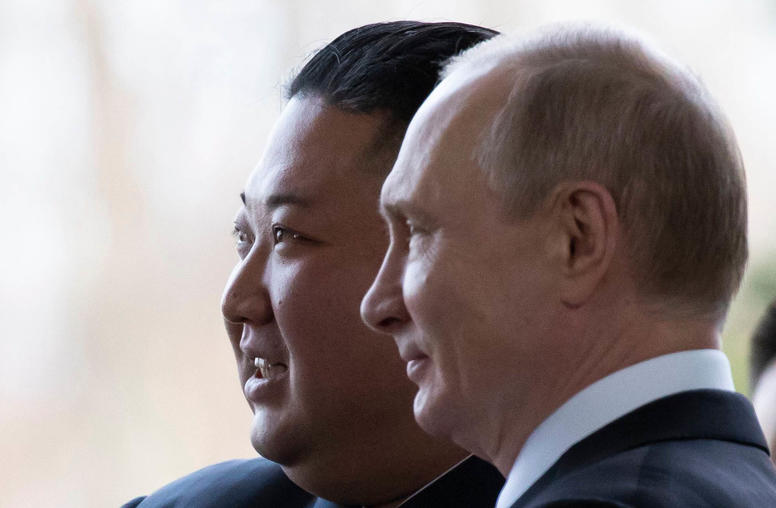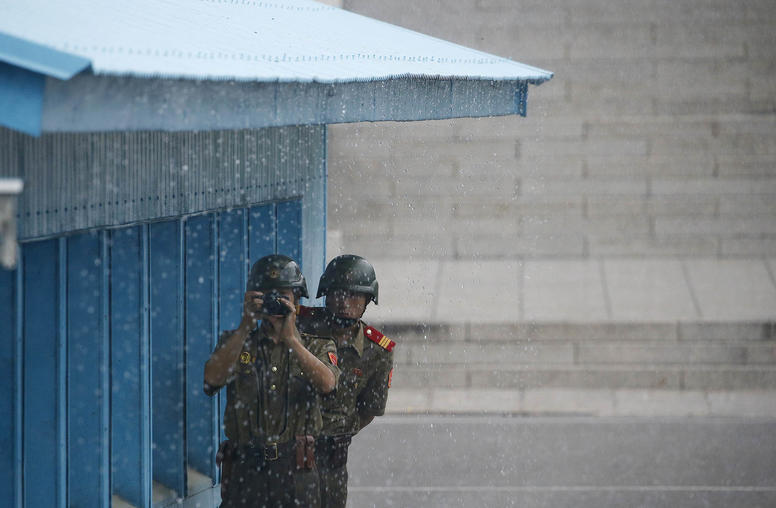Lessons from the Four Party Peace Talks on the Korean Peninsula
How the 1996-1999 Talks Could Inform Future Efforts for Peace in the Region
In April 1996, President Bill Clinton and South Korean President Kim Young-sam met on Jeju Island and proposed four-way peace talks with North Korea and China. This offer—coming only a year and a half after the signing of the bilateral Agreed Framework deal between Washington and Pyongyang—marked the first and only time since 1954 that the United States actively and publicly proposed peace discussions with North Korea.
Despite having sought peace talks with the United States for decades, North Korea took over a year to respond. When it finally engaged, it demanded U.S. troop withdrawal from the Korean Peninsula be put on the agenda. The U.S. side rejected this demand, and the talks sputtered. Several months later, North Korea launched a Taepodong rocket over Japan, causing the focus of the talks to shift toward its missile program and discussions of peace to fall by the wayside.
On March 17, USIP hosted a discussion of the Four Party Talks, including why the United States decided to propose these talks after 40 years of disengaging from North Korea, why the talks failed, and what lessons these talks may have for future attempts at peace discussions. The event included a panel of three leading Korea experts who served as part of the U.S. delegation during the Four Party Talks.
Continue the conversation on Twitter with #4PartyTalksUSIP.
Panelists
Frank Aum, moderator
Senior Expert, North Korea, U.S. Institute of Peace
Robert Carlin
Nonresident Fellow, Stimson Center; former Chief of the Northeast Asia Division, Bureau of Intelligence and Research, Department of State
Philip Yun
President and Chief Executive Officer, World Affairs Council of Northern California; former Senior Policy Advisor for the Assistant Secretary of State for East Asia, Department of State
Chip Gregson
Senior Advisor, Avascent International; former Assistant Secretary of Defense for Asian and Pacific Affairs, Department of Defense



